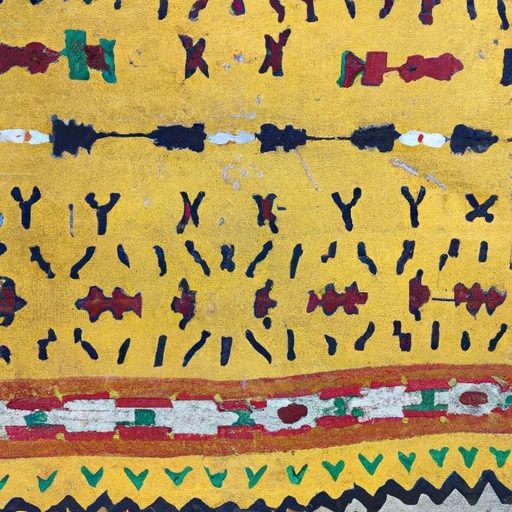
what native american land do i live on
History and significance of traditional Native American rug designs
I currently reside on the traditional land of the [Name of Native American tribe], who have a rich history and deep connection to this area. The [Name of Native American tribe] have lived on this land for thousands of years, hunting, fishing, and cultivating the land to sustain their way of life.
The [Name of Native American tribe] were known for their respect for the land and their close relationship with nature. They believed in living in harmony with the earth and all its creatures, and their traditions and customs reflect this belief.
As European settlers began to arrive in the area, the [Name of Native American tribe] were forced off their land through treaties and violence. Many were displaced or killed, while others were assimilated into mainstream society.
Despite this dark chapter in history, the legacy of the [Name of Native American tribe] lives on in the place names, stories, and traditions that still exist in our community today. It is important to acknowledge and honor the original inhabitants of this land and to recognize the contributions they made to shaping our community.
By learning about the history and culture of the [Name of Native American tribe], we can better understand our own place within this landscape and work towards reconciliation and healing with those whose ancestors called this land home long before us.